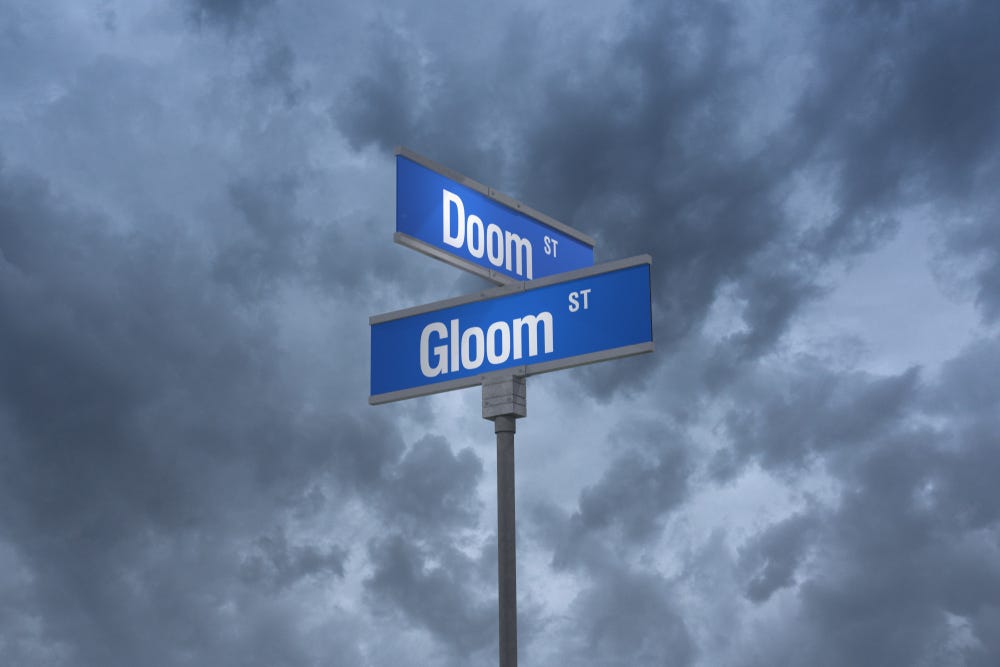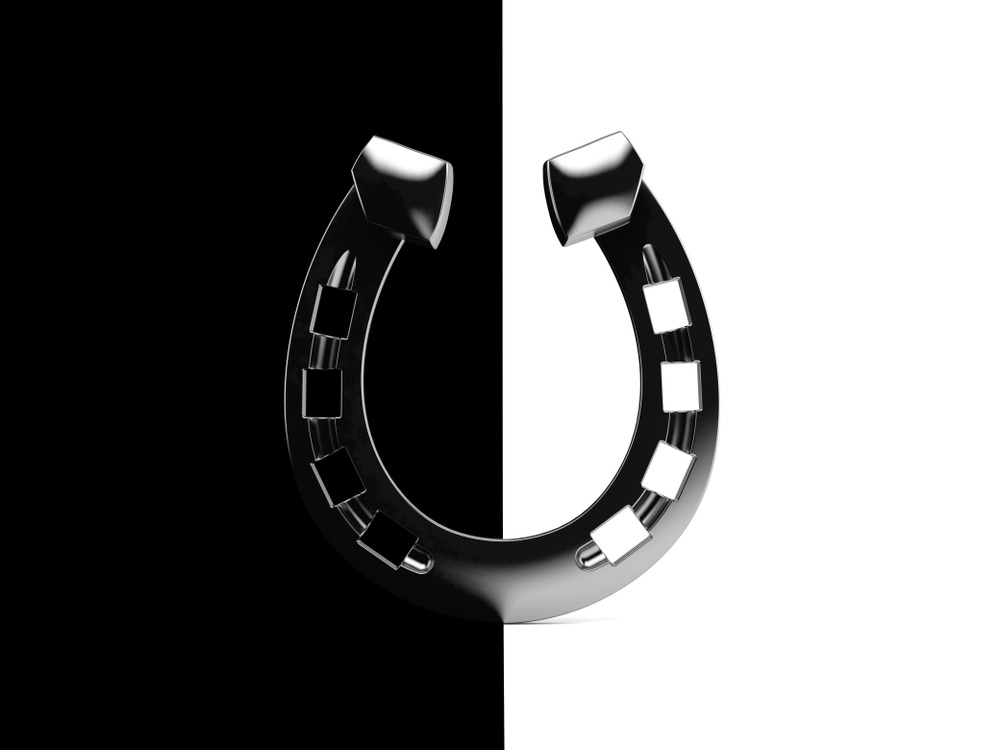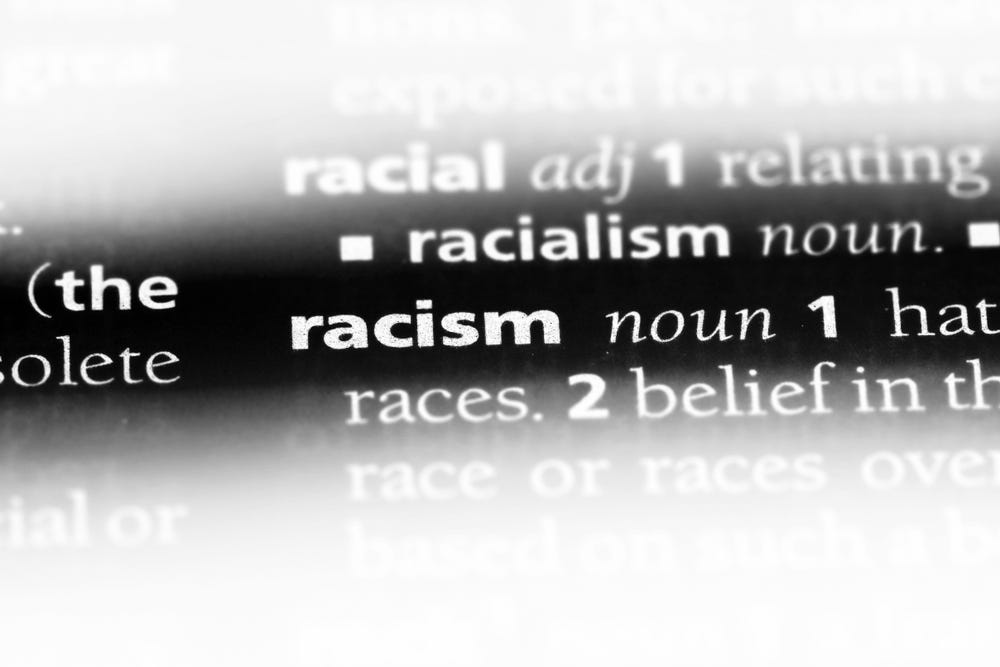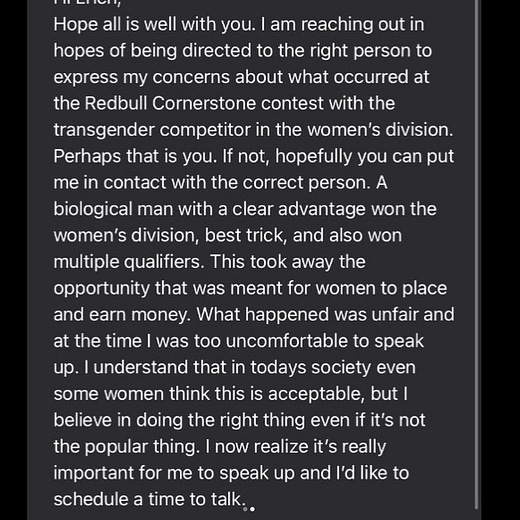E-Pluribus | May 18, 2022
How bad off is democracy these days, the unfortunate convergence of the hard left and hard right, and a call to just let "racism" be "racism."
A round-up of the latest and best writing and musings on the rise of illiberalism in the public discourse:
Michael J. Ard: Doomsayers Are Everywhere, But Is Our Democracy Truly on the Skids?
Dystopian fiction has had a good run in recent decades, but many today on both sides of the aisle find reality similarly dark. Michael Ard suggests at Discourse Magazine that perhaps things aren’t quite as bleak as they appear when it comes to the future of democracy despite the naysayers.
[T]houghtful introspection about our political status is prudent. Is our democratic system really eroding? Are we heading for political instability or worse? Using social-science tools, two recent studies attempted to diagnose our supposed decline, but their findings seem skewed and often at odds with common sense.
In the annual freedom ratings compiled by Freedom House, the U.S. government-supported think tank, the U.S. has dropped 11 points over the last 10 years and is now ranked with democratic upstarts Romania and Panama. Freedom House justifies the reduced score by citing “rising political polarization and extremism, partisan pressure on the electoral process, bias and dysfunction in the criminal justice system, harmful policies on immigration and asylum seekers, and growing disparities in wealth, economic opportunity and political influence.” The blame for our alleged fall from grace, according to its analysts, lies mainly with the Republican Party and what they believe are its persistent efforts to undermine democracy by attempting to overturn elections and prevent minorities from voting.
[ . . . ]
Despite its negative conclusions, Freedom House is positively giddy about our democratic prospects compared with political scientist Barbara F. Walter, who specializes in political unrest and civil wars. Her book, “How Civil Wars Start,” came out in January and it made the New York Times best-seller list for a week. It argued that the U.S. has become an “anocracy”— a partial democracy and a form of government prone to civil wars.
[ . . . ]
Walter concludes that our impressive run as a stable democracy is over. If you can follow her logic, Trump—“the first modern autocratic president,” as she calls him—literally has set the country back more than 220 years in its political development.
Read it all.
Stephan Jensen: The Hard Left and Populist Right Agree on All the Wrong Things
Perhaps borrowing a bit of the horseshoe theory, Stephan Jensen writes at Quillette that the extremes of today’s left and right have more in common than they may wish to admit. Jensen argues that both the “hard Left and the populist Right” demonstrate a similar attraction to authoritarianism and intolerance and a mistrust of traditional liberal values.
Despite their ritualistic play at ideological arch-enmity, the hard Left and the populist Right are remarkably unified in their prevarication or even open support for Putin. But perhaps we shouldn’t have been surprised. Just like the still-sane majority was never divided over the things that truly matter, the ideological fringe-dwellers always agreed on the most important issues, too—but in all the wrong ways. The real argument of the culture war was never between the hard Left and the populist Right. The real argument was about whether the Western world is something we ought to cherish, value, and fight for. The culture warriors’ attitude to Putin shows us what we perhaps knew all along—they think the West belongs on the scrap heap of history.
[ . . . ]
The hard Left, to their credit, have at least always been honest about this. In their monomaniacal view of the world, the West is uniquely violent, exploitative, racist, and hell-bent on imperial domination. So much so that there is hardly any unfortunate event in modern history that they cannot explain with the West’s wickedness. The sacrifices made to defeat Hitler or end slavery are quickly forgotten. So, no wonder the UK’s Jeremy Corbyn still blames NATO for Putin’s invasion and the Democratic Socialists of America implore the US government to stop supplying Ukraine’s military with the weapons it needs to fight the Russians—conveniently ignoring the Ukrainian democratic socialists’ direct appeals to the US to do so. Oliver Stone recently tweeted “some Sherlock Holmes clues to what’s really going on in Bucha,” linking to Russian propaganda articles claiming the massacre was faked by Ukrainian forces. So much for the Left’s solidarity with the victims.
[ . . . ]
The supposedly “conservative” populist Right is trickier because its members claim to be the most unadulterated defenders of Western values, patriotism, tradition, and cultural inheritance. Their fanboying of Putin prior to his invasion, mindless parroting of Kremlin propaganda, and limp-wristed prevarication after he launched his war reveal just how much of a sham this always was. Instead of a robust defence of the West, we get self-described American “conservatives” such as Candace Owens arguing that Putin’s invasion isn’t a big deal because “Ukraine wasn’t a thing until 1989,” Tucker Carlson being so effective at making Putin’s case that his monologues get featured on Russian state TV, and Ted Cruz complaining the US military is “emasculated” compared to Russia’s. In Europe, populists like Farage and Le Pen are desperately trying to make everyone forget their years of warm words for Putin. Meanwhile, the Hungarian prime minister Viktor Orbán has refused to let military aid for Ukraine pass through Hungary and used his election victory as an opportunity to describe Ukrainian president Volodymyr Zelensky as one of his “opponents.”
Read the whole thing.
John McWhorter: ‘Racism’ Has Too Many Definitions. We Need Another Term.
Throwing around “racism” has almost become a sport for certain members of the activist and intellectual communities. John McWhorter writes in his latest New York Times newsletter that the word’s profligate use has rendered it unhelpful or even harmful in public discourse and an alternative or alternatives are needed.
On Racism 1.0, the lamentable thing is that I see no reason it will ever completely vanish, at least not in our lifetimes. Studies have revealed that a degree of fear and distrust of “the other” exists in our species, for better or worse. Call it conservative of me, but I see little point in hoping that human nature will entirely change. Educated Westerners, especially, have already acquired a more robust habit of self-monitoring for racism than perhaps any humans in history. In our country, this habit noticeably gained traction in the 1960s. Some argue that white Americans need to go further, plumbing more deeply for subtle racist assumptions in their hearts. I understand the desire for it but wonder just how realistic that expectation is at this point.
I assume, with regret, that there will always be racists among us. As long as our gun laws make it easy to obtain assault-style weapons, there will be people, some mentally imbalanced and some just plain evil, who decide to commit mass shootings. There is no reason the hatred in people like this will mysteriously step around racism; the question would be why such people would not often be motivated by it. We live with this horror.
However, there isn’t enough of a nexus between this grim reality and disparities between Black people and white people — in, for example, wealth and educational opportunity — to gracefully put both under the general heading of “racism.” That is, we increasingly apply the term in reference both to violent hate crimes and to the fact that, for example, in the aggregate, Black students don’t perform as well on standardized tests as some of their counterparts. But while we tend to use the term “racism” for both things, it isn’t readily obvious to most how both prejudice and a differential in performance are versions of the same thing, referred to with one word. One of the thorniest aspects of today’s race debate is that we have come to apply that word to a spread of phenomena so vast as to potentially confuse even the best-intended of people.
Read it all here.
Around Twitter
Via Aaron Sibarium and the Washington Free Beacon, Princeton University is planning to fire tenured professor Joshua Katz; reaction has been swift and intense:
Via Colin Wright, the transgender issue has now hit the competitive skateboarding world:
And finally, an MSNBC contributor urges the government to open a new front in the War on Terror — the Republican Party:

















